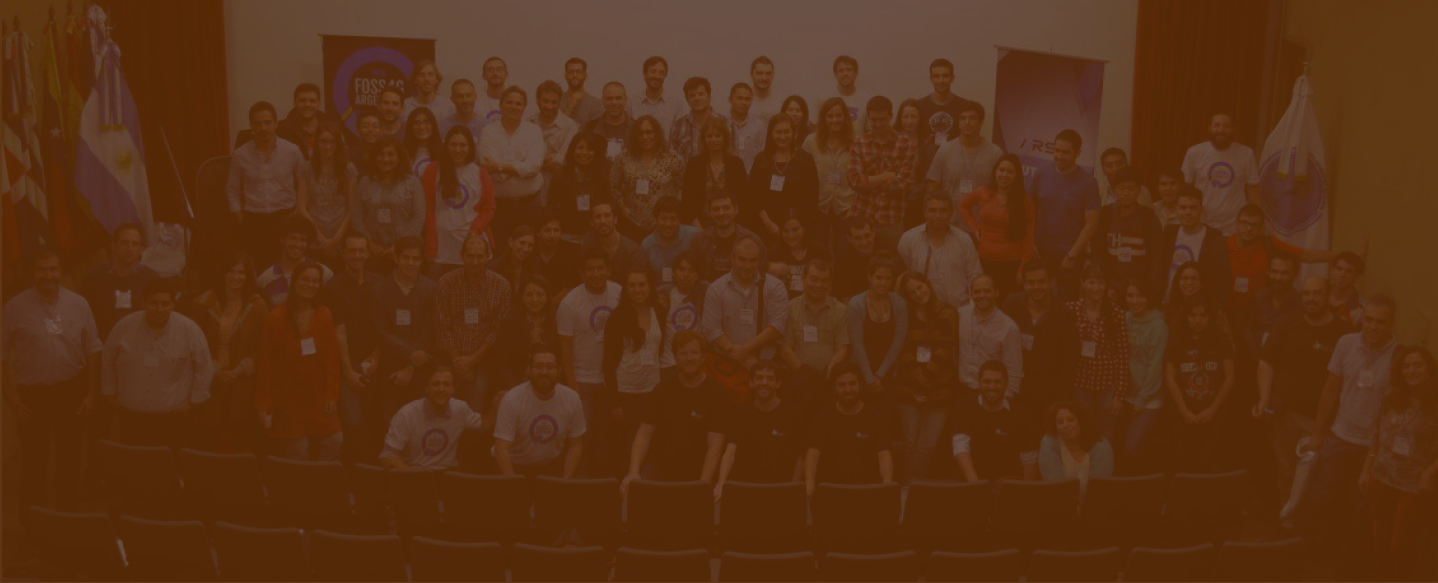A tool for machine learning based dasymetric mapping approaches in GRASS GIS
Socio-economic and demographic data is often released at the level of census administrative units. However, there is often a need for data available at a higher spatial resolution. Dasymetric mapping is an approach that has, in recent decades, increasingly received attention in order to exploit socio-economic data for spatially detailed analysis and/or to explore spatial phenomena that do not follow existing administrative units (the modifiable areal unit problem). This approach can be used to disaggregate such data into finer levels of detail, relying on the assumption that proxies available at a higher spatial resolution, typically as land-cover (LC) / land-use (LU) maps, can be used to produce weights in order to spatially reallocate the data to a finer scale layer.
For a long time, these weights have been subjectively determined based on expert knowledge, where higher weights are attributed to urban areas, slightly lower weights to suburban or rural areas, and a weight of zero for forest areas or water bodies. Recent research, however, has shifted this paradigm by taking advantage of the power and the efficiency of machine learning (ML) algorithms to create weighting layers for dasymetric mapping without any a priori knowledge.
This session will present a tool that has been developed to provide non-programmer users with a ready-to-use tool to create weighting layers using ML for dasymetric mapping. This tool is implemented as a GRASS GIS add-on and will be accessible on the official repository. It will facilitate the implementation of a machine learning-based approach to produce weighting layers for dasymetric mapping of socio-economic variables. We will demonstrate its ability to perform dasymetric mapping of population data based on earth observation (EO) derived products such as LC and LU maps.

